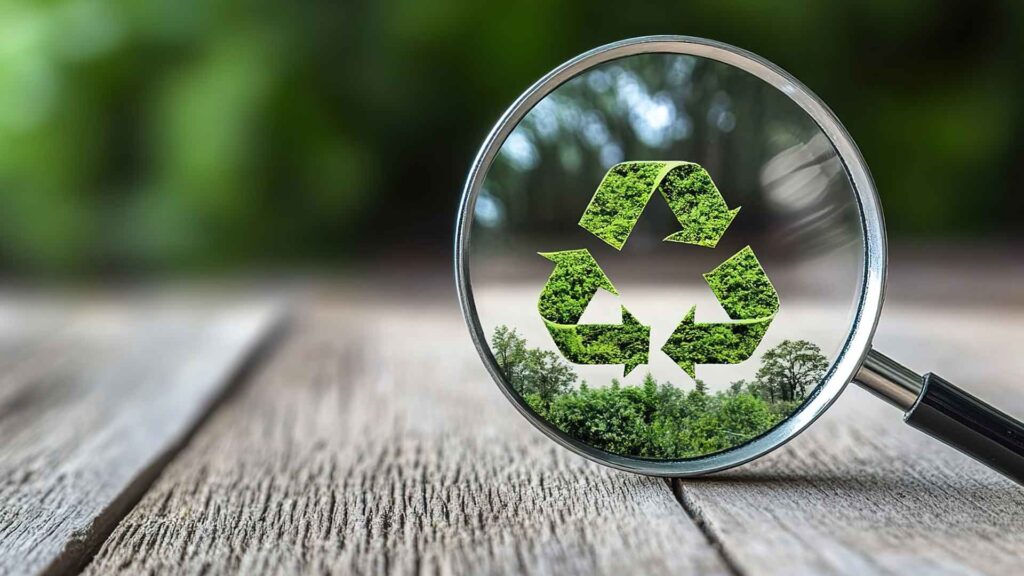In March 2024, a new EU Directive aimed at strengthening consumers’ rights by preventing misleading environmental and social responsibility claims on products, entered into force. Sarah Morgan and Sophie Evans explore what this means for UK businesses.
The new EU Directive on Empowering Consumers for the Green Transition (Directive) looks to ban greenwashing and enhance transparency and accuracy in environmental labelling.
If you’re a UK business already doing business in the EU or looking to expand into the Union, you’re likely going to need to comply with these new rules in the near future. By March 2026, the Directive must be transposed by EU Member States into national law and the rules will be applied six months after this.
Background to the Directive
The EU, as part of the European Green Deal, set itself the target of making the EU climate neutral (an economy with net-zero greenhouse gas emissions) by 2050. However, one hurdle to meeting such a target is current consumer spending.
To encourage more sustainable consumption patterns, the Directive looks to ensure consumers are better informed and better protected when making purchasing decisions.
Better information
Traders will have to provide pre-contract information on the durability and repairability of products, including the provision of clear and accurate information to consumers about the environmental impact of the products and services they may purchase, including their lifespan, repairability, availability of spare parts, and recyclability.
Consumers will also need to receive information about the two-year legal guarantee of conformity under the European Sale of Goods Directive, as well as information about environmentally friendly delivery options, all of which is intended to help consumers make more informed and sustainable purchasing choices.
Better protection
Approximately 75% of products on the EU market carry implicit or explicit green claims, yet more than 50% of these claims are vague, misleading, or unfounded, according to the European Environmental Bureau. Additionally, almost 50% of the 230 ecolabels available in the EU have very weak or no verification procedures, exacerbating the issue of greenwashing.
The Directive amends the Unfair Commercial Practices Directive (which protects consumers from misleading commercial practices) to introduce a general prohibition of greenwashing so that environmental, social and circularity aspects are added the list of main features of a product about which consumers must not be misled.
It also adds specific examples of automatically unfair practices, which are prohibited in all circumstances. The display of unreliable voluntary sustainability logos (e.g. labels that are not based on a certification scheme or established by public authorities) and the making of generic environmental claims such as ‘green’ or ‘environmentally friendly’ unless they are properly substantiated are blacklisted practices.
How does this affect me?
Any UK business that manufactures or supplies consumer goods to and within the EU (or plans to in the future) and which falls within the scope of the Directive, will need to comply with these new rules.
Ahead of implementation, you should review your commercial practices—like sustainability labels and environmental claims—and consider if they need to be adjusted to comply.
You’ll need to consider whether the pre-contract information you’re providing to customers is in line with the Directive’s requirements. Changes to terms and conditions, as well as existing and future contracts and business relationships within the EU, may be necessary.
How can we help?
If you would like advice in relation to these changes, please contact our Commercial team.




